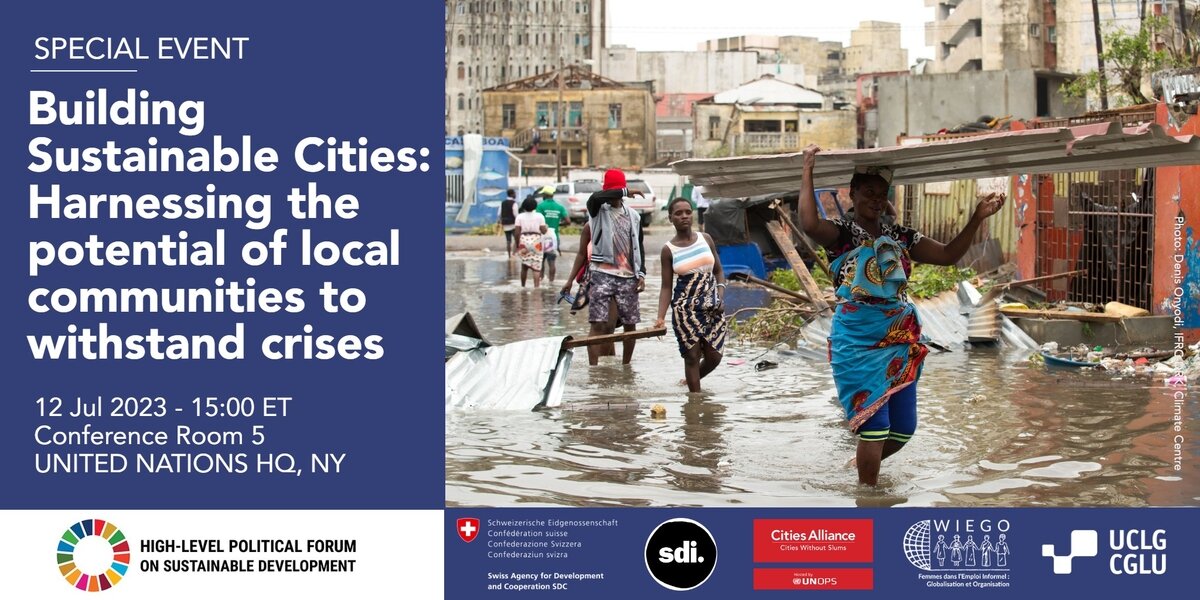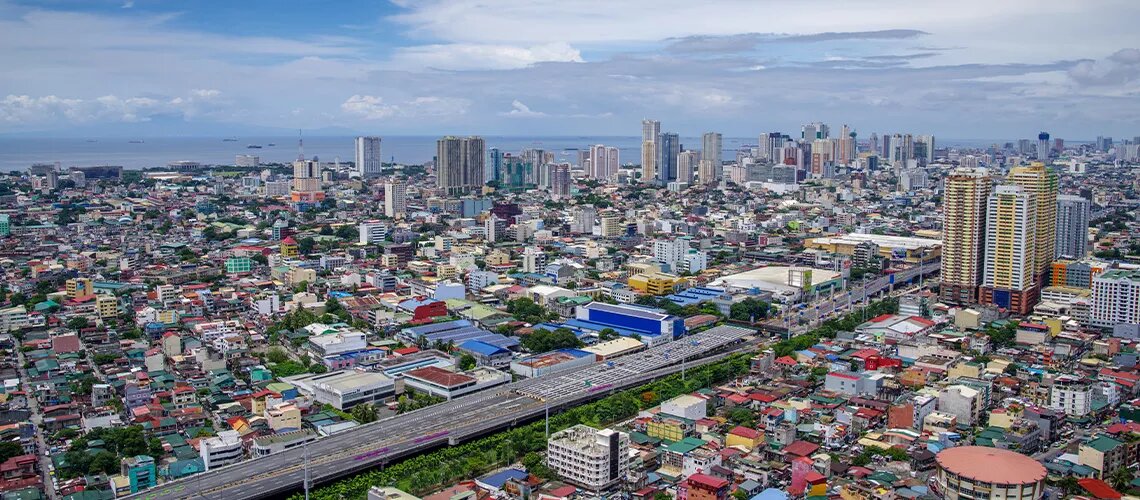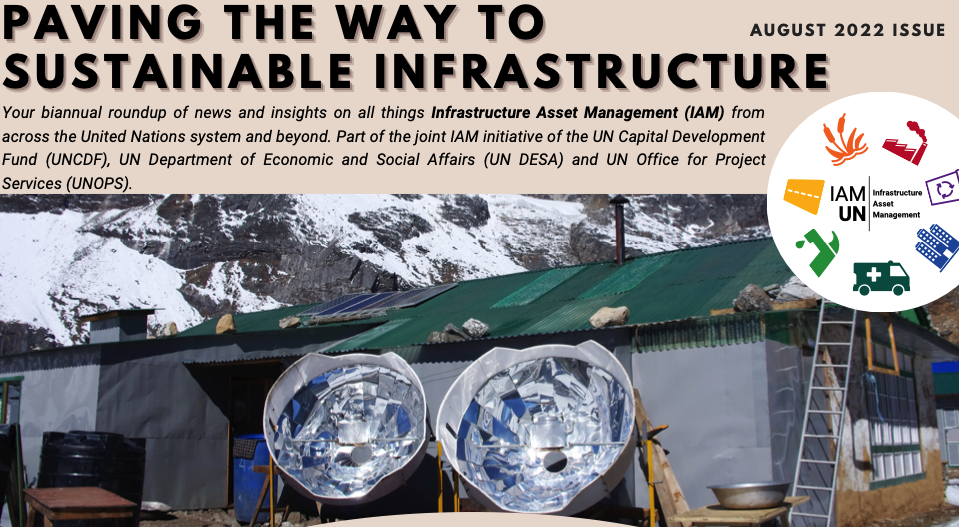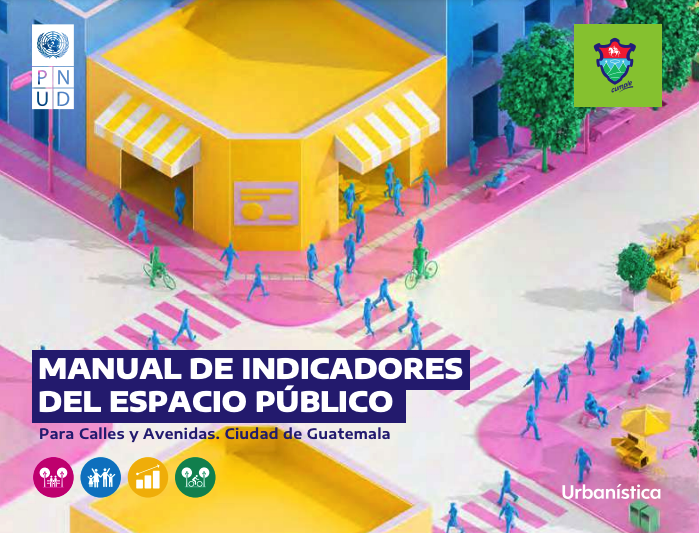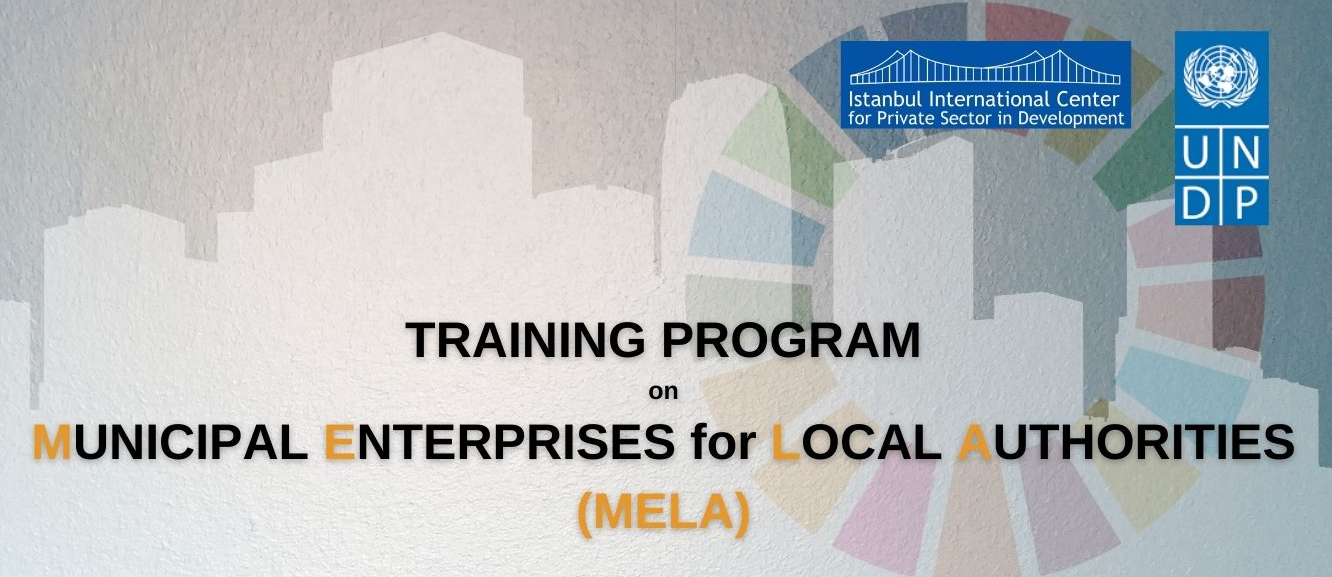Municipal planning and financing for development
The role of municipal finance in financing sustainable development is high. Many of the investments needed to achieve the 2030 Agenda are made at the subnational level, especially by cities. Local authorities have a responsibility to ensure that every citizen has access to essential services and that their provision is safe, affordable and sustainable. Increasingly, they need to prepare for climate change. Governments at the subnational level need to be able to access and mobilise diverse sources of finance to make long-term investments in sustainable urban development. Many local governments are exploring a range of advanced market-based finance tools, such as equity finance, pooled finance arrangements, municipal bonds and public-private partnerships. UNDP is supporting subnational governments to adapt the Sustainable Development Goals (SDGs) to local contexts, take stock of available finance mechanisms, involve citizens directly in budget processes and pilot new and innovative financing models. For example, UNDP has supported SDG localization in China, Indonesia and Pakistan. In Pakistan and Angola, UNDP is working to strengthen the capacities of municipal administrations so that they – and the communities they serve – have greater control over decision-making processes and resource allocation. Other UN agencies are also supporting urban finance, notably the UN Capital Development Programme through its Municipal Investment Finance programme, which builds the capacity of local governments to access to sustainable sources of capital financing.


